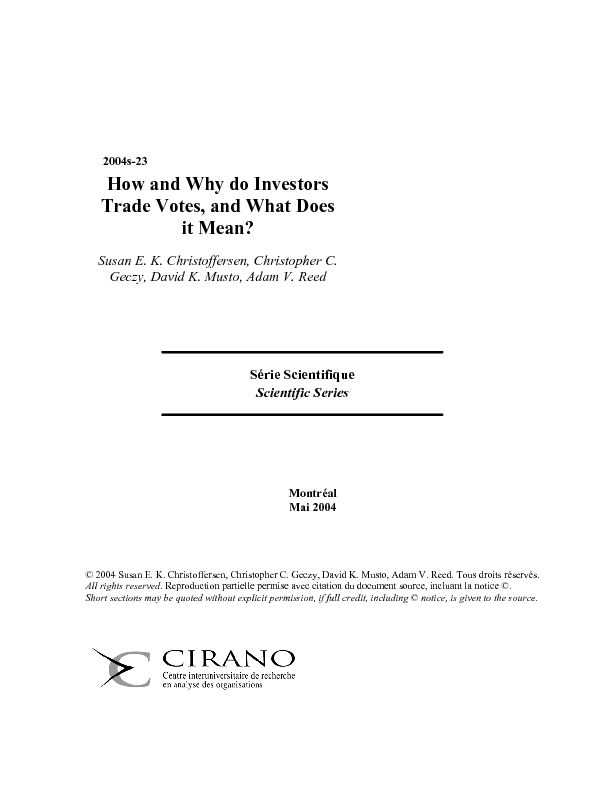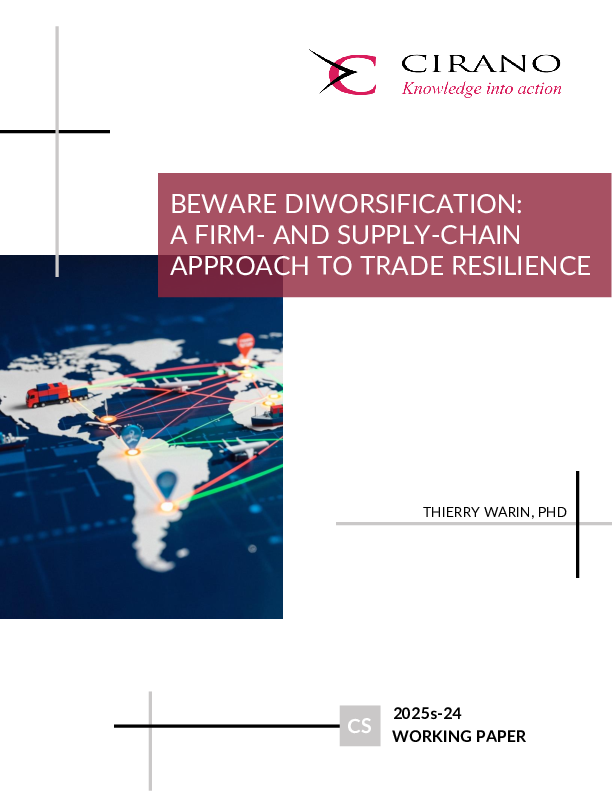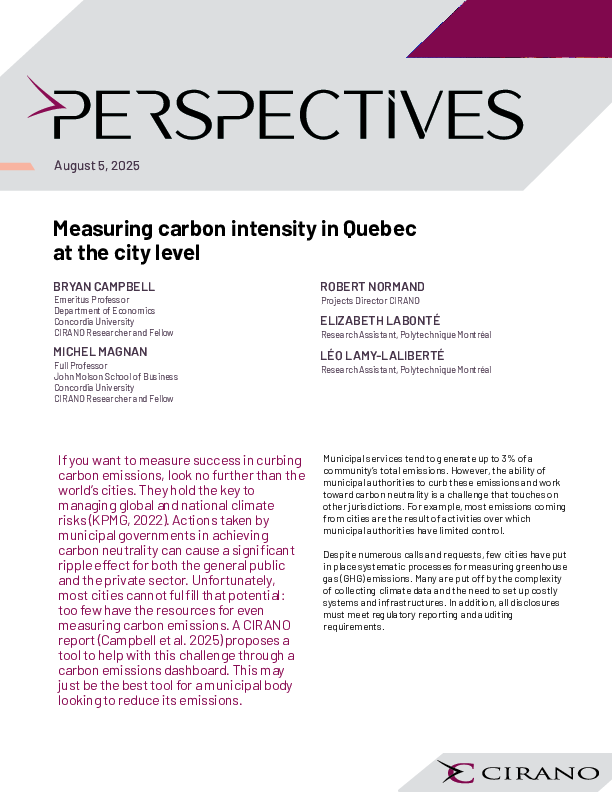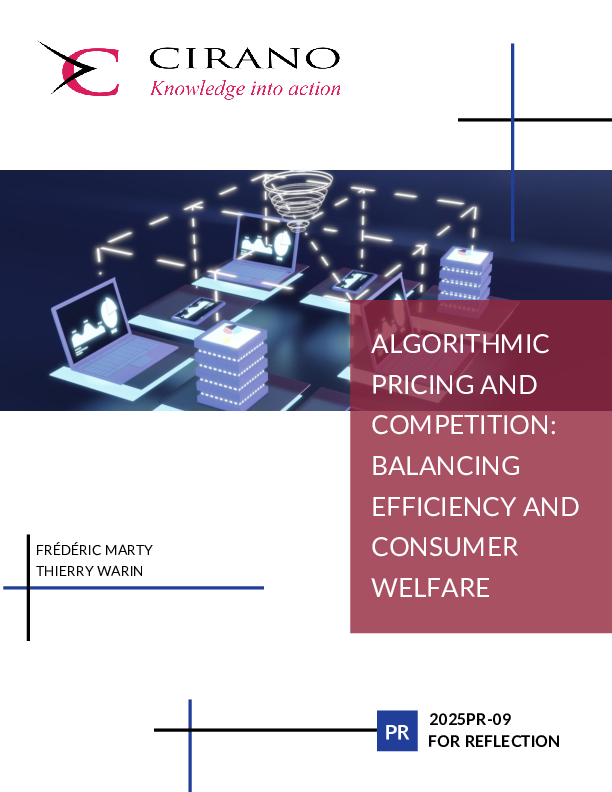How and Why do Investors Trade Votes, and What Does it Mean?
The standard analysis of corporate governance is that shareholders vote in the ratios that firms choose, such as one-share-one-vote. But if the cost of unbundling and trading votes is sufficiently low, then shareholders vote in the ratios that they themselves choose. We document an active market for votes within the equity-loan market, where we find that the average vote sells for zero. We hypothesize that asymmetric information motivates these vote reallocations, and we find support for this view in the cross section of votes: there is more trade for higher-spread firms and more for poor performers, especially when the vote is close. We also find that the vote reallocations correspond to support for shareholder proposals and opposition to management proposals.
[ - ]




